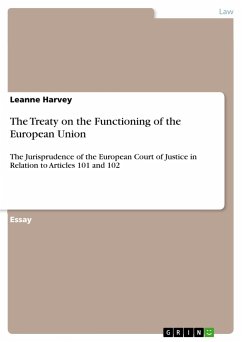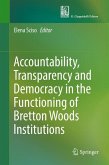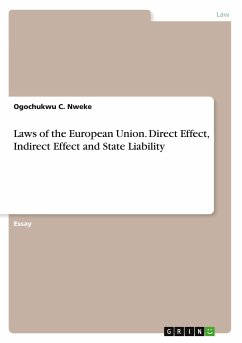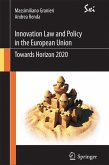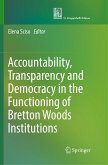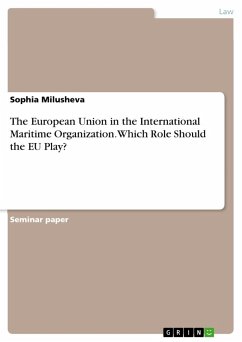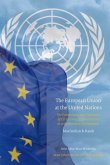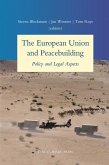Essay from the year 2017 in the subject Law - European and International Law, Intellectual Properties, grade: 67, University of Essex, course: Law with Politics, language: English, abstract: To explore the nature of the relationship between the economist and the competition lawyer it requires the exploration of several different areas of thought, as it is a difficult relationship to define. The two institutions are interchangeable at times, and even more considerably when examining the role of economic terms in the legal argument when it comes to the interpretation of competition law, namely Articles 101 and 102 of the Treaty of the Functioning of the European Union (formally numbered as 81 and 82 of the Treaty of Amsterdam, for the duration of this essay will simply be referred to as Articles 101 and 102); together combined formulate the provisions which regulate the single market. The history of competition law reveals the importance of regulation within the market to support economists' visions which are naturally reflected in the evolution of judgments concerning the economic terms used in Articles 101 and 102's judgments.

